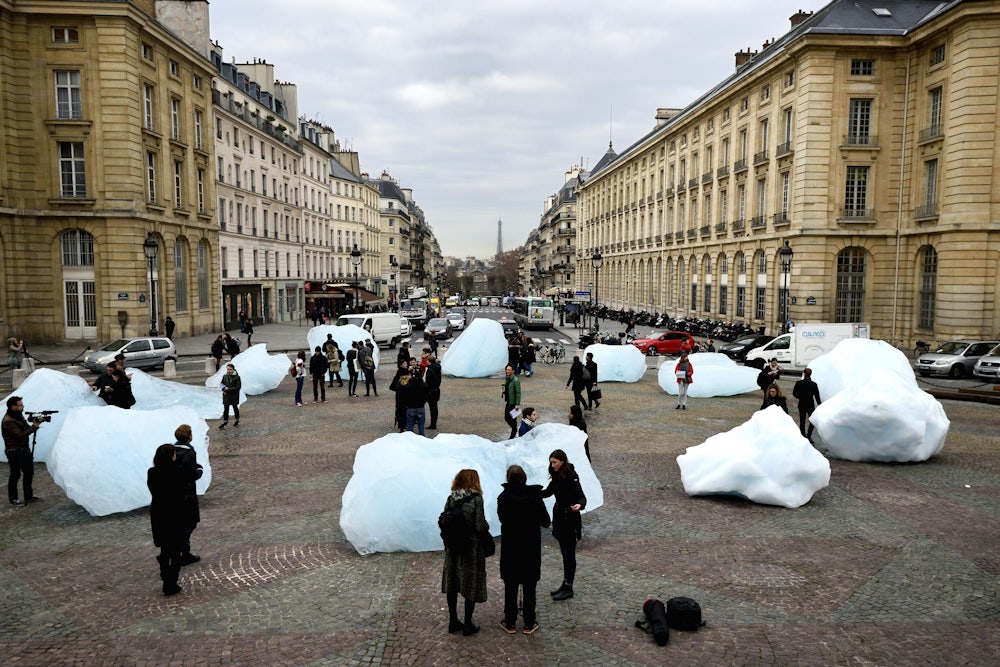In the final sprint to a climate change deal, World Resources Institute helpfully cut through the confusion by laying out five key issues to watch. Negotiators will aim to hammer out agreements on:
Short-term targets: If there was one question settled in week one, it was an emerging consensus that countries will update their climate change goals every five years. The remaining questions are when to start the five-year process, in 2020 or 2025, and whether financial commitments also need to be updated.
Long-term goal: Among the options for setting a new long-term ambition on greenhouse gases: Participants could promise to decarbonize the global economy over the course of the century, reduce global greenhouse gas emissions to zero by 2060-2080, or something more vague.
Review process: There needs to be a minimum framework that guides how countries report and verify emissions and progress.
Adaptation: It all comes down to “loss and damage”—the phrase for helping the most vulnerable nations adjust to a difficult future due to climate change. WRI says Paris “appears to be making good progress, with a substantially streamlined text and a clear set of issues for negotiation.”
Finance: The world has already promised $100 billion annually in climate finance by 2020, but the Paris agreement must lay a path forward after that.
